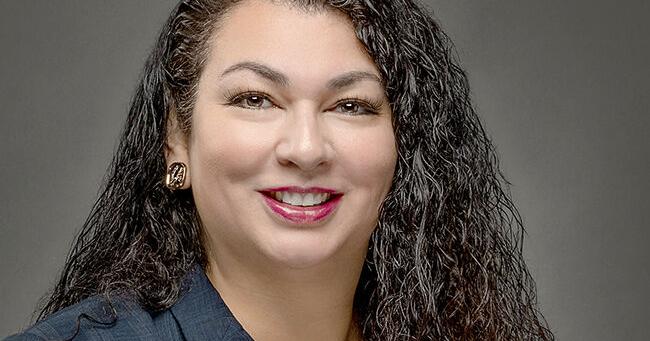Major car repairs, surprise medical bills, and loss of income are events we don’t tend to give much consideration to until they happen to us.
While it may not be as fun as saving for vacation or a home remodel, having an emergency fund in place can make the difference between managing a short-term setback and experiencing long-term financial repercussions.
What constitutes an emergency fund and why is it so important to have one, particularly in times like this? Here’s a primer.
Financial solvency matters
Financial experts generally encourage you to set aside 3-6 months’ worth of living expenses in an emergency fund. Without it, you are at risk of losing what you’ve worked hard to achieve if life throws a curve ball. A stash of funds can help you meet your monthly obligations, keep your credit report clean and preserve your way of life.
Put your priorities in order
An emergency fund deserves to be at the top of your list of financial priorities. Emergency reserves are designed to provide a safety net to prevent financial disaster.
Saving for your retirement comes next, to help protect your financial future. It’s even better if you can save for both priorities at the same time.
If you’re currently saving for your future, consider allocating a portion of monthly contributions to go toward an emergency fund. Once your emergency account is funded at a satisfactory level and you regularly contribute to a retirement account, you can start setting money aside for discretionary items such as new furniture, a vacation or a vehicle upgrade.
Set a goal
Determine how much you would need to stay afloat for an extended period of income disruption. At a minimum, how much would you need on hand to pay your bills and buy groceries each month if your paychecks stopped coming? Then multiply this amount by six.
Start where you can
If you don’t have a large chunk of money available to establish your emergency fund right now, don’t let it prevent you from starting an account and working toward your target. Any amount is a step in the right direction — even if that’s $50 or $500.
Your next tax refund, bonus, or raise are other potential sources of cash to grow an emergency fund. Revisit your current budget to see where you can trim expenses and put more into savings.
Create and stick to your guidelines
Your emergency fund should be reserved for times of financial crisis. It’s not an account to pay for life’s extras, however tempting that may be. With guidelines in place, you can avoid dipping into these funds unless necessary.
Keep emergency funds within safe reach
When uncertainty strikes, you may need money in a hurry. For this reason, emergency savings should be held in cash or easy-to-access investments like a money market fund. You also may want to open a dedicated interest-bearing savings account, potentially in a bank separate from your other accounts, to keep your emergency funds at a safe distance if you’re one who may be tempted to spend it.
Working with a knowledgeable financial advisor who understands your savings goals can help you prepare for unforeseen circumstances that can change your life and your family’s life in an instant.
Jessica B. Jimenez is a financial advisor with Jon L. Myers & Associates, a private wealth advisory practice of Ameriprise Financial Services LLC in Central New York. She specializes in fee-based financial planning and asset management strategies and has been in practice for 14 years. To contact her, visit ameripriseadvisors.com/jessica.b.jimenez.com or call 315-251-0512.







